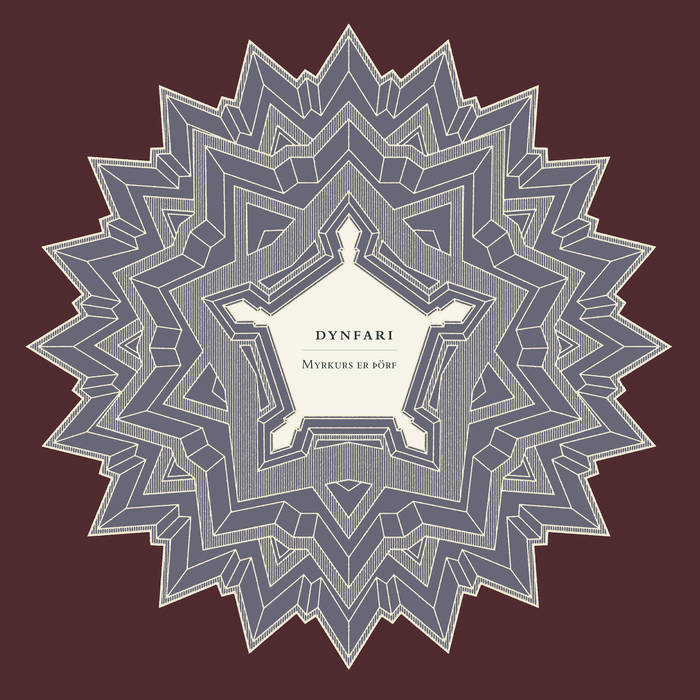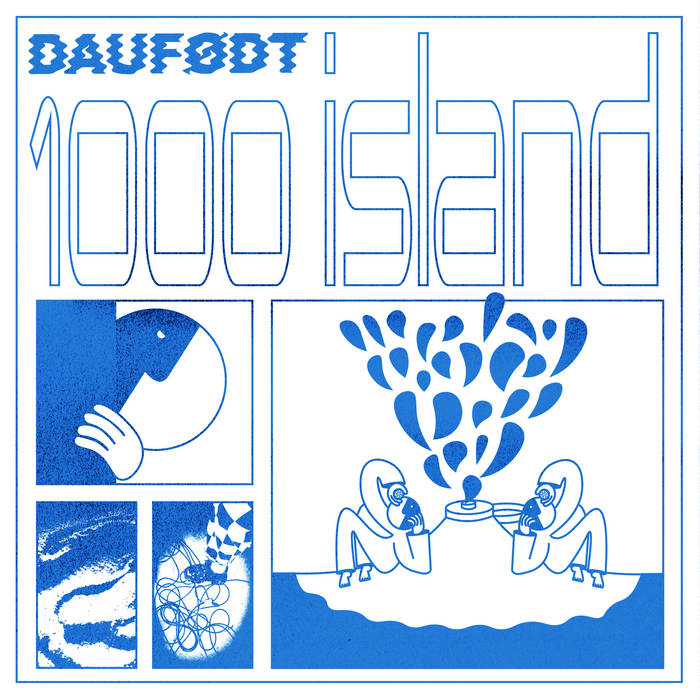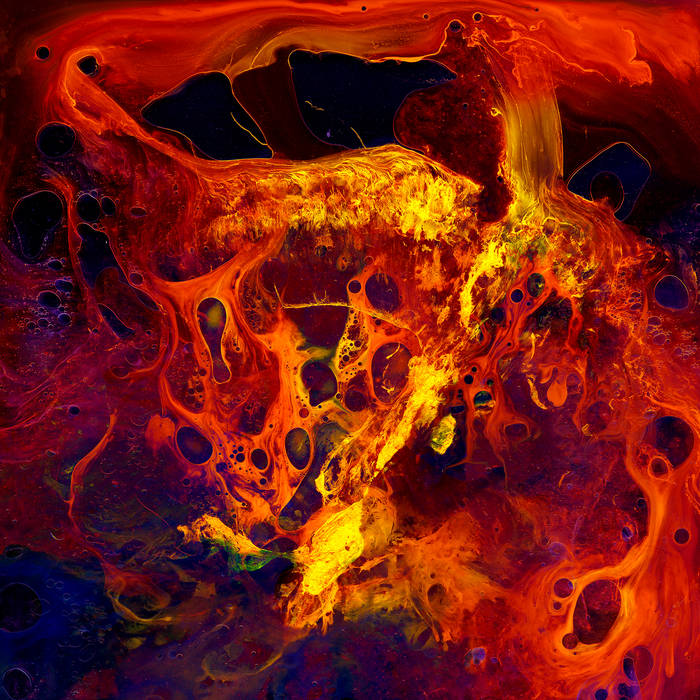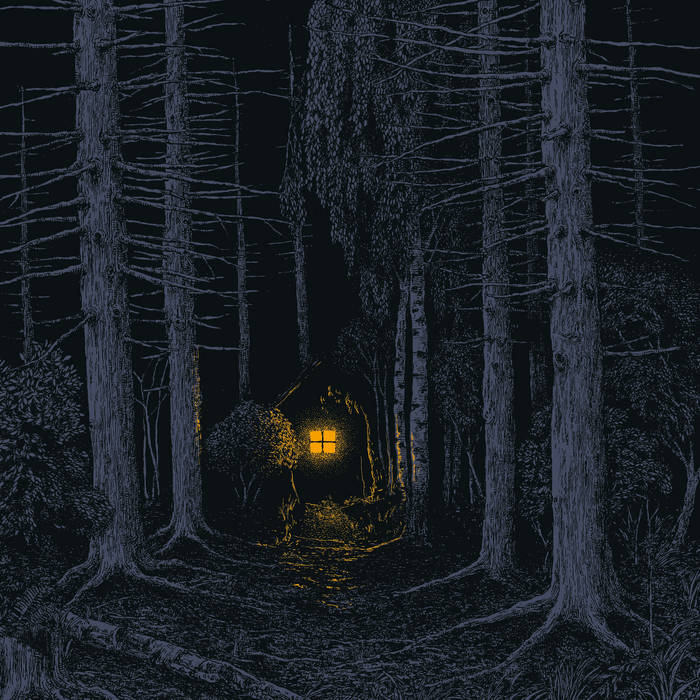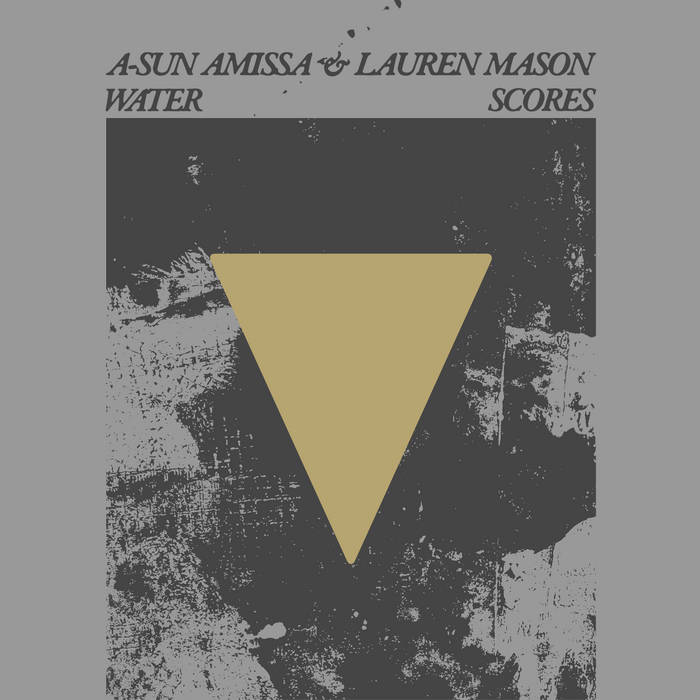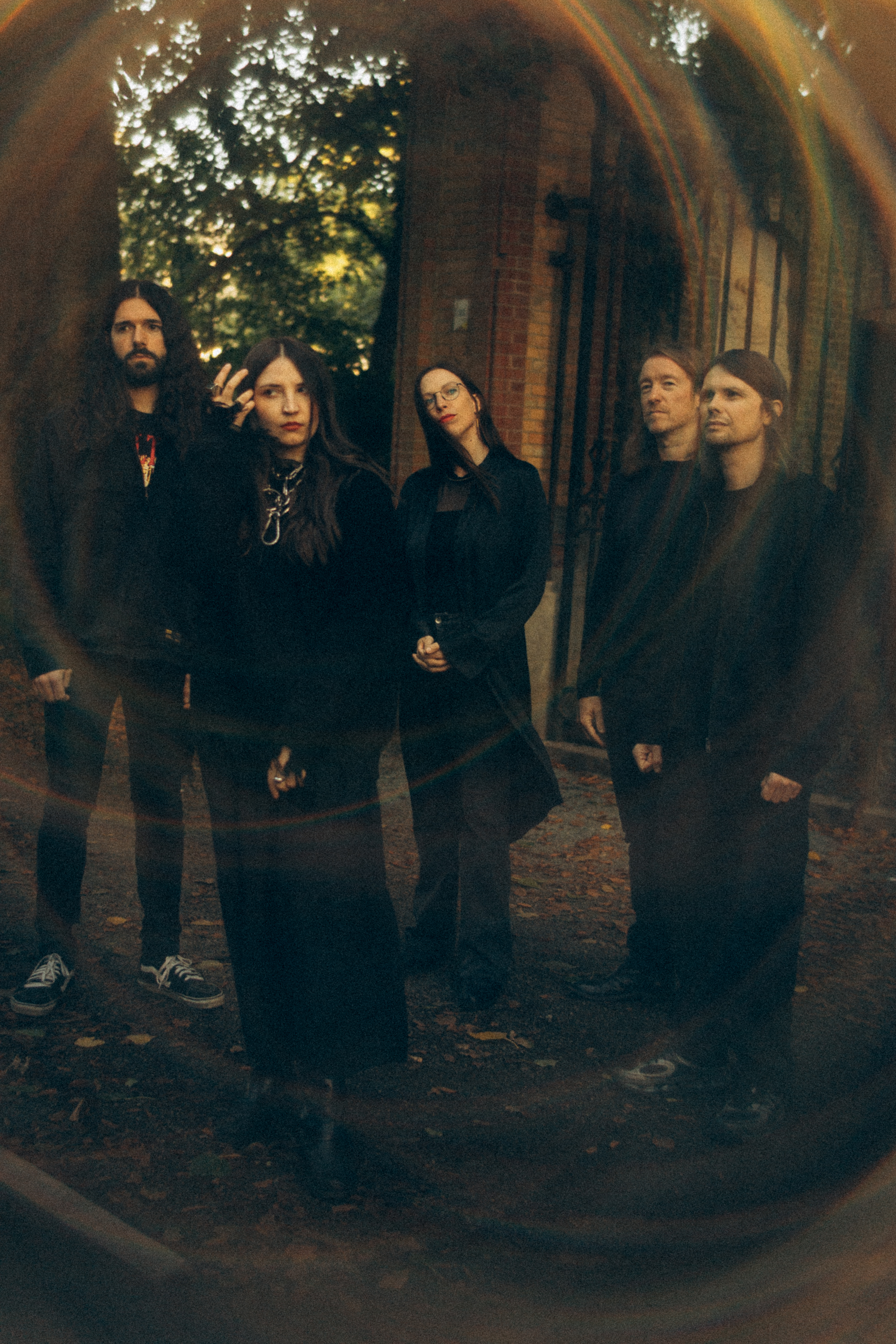Iceland’s Dynfari is another one of those bands who do not want to be categorized but still show a thorough understanding of both Post-Rock and Black-Metal.
Iceland is a country of stunning beauty found in gruesome natural surroundings. Darkness and cold, storms and gushing sea are parts of normal everyday life in Iceland. Thus, a lot of Icelanders turn towards their inner-ness, inside the house, within the inner family circle or also in oneself. This turn towards the inner elements of life can result in a kind of caught-up-seclusion and introspection where one has to face its own demons, sometimes even on his or her own. That this introvert kind of living is not always for the better is obvious although one should not underestimate the toughness of the people living on this volcanic rock in the middle of the North Atlantic, just a crow’s sound away from the Arctic.
Music from Iceland thus is manifold, although to be honest, most of what we hear from the island is rather dark, Múm, Minus, Gavon Portland on the alternative side, and MisÞyrming, Almyrkvi, Svartidaudi on the metal side of things, while Sigur Ros, Björk and For a Minor Reflection serve the post-rock-aficionados. And then there are bands like Dynfari who walk on the razor’s edge by combining post-rock and black metal, not to equal measures but with more than just a hint. This also shows on their latest offering Myrkurs er Þörf out on Code666.
Musically the record offers everything one should expect from the aforementioned combination of genres, it is hopeful in a few places and depressive in some others, with the latter dominating a bit at first glance. Nevertheless, the first track you hear “Dauðans dimmu dagar” is a pure post-rock track with a bit of a blackened crescendo with the drums emanating a sense of black metal atmosphere. When second track “Langar Nætur” kicks off with the foot clearly a step harder on the gas it becomes clear that this band is not gonna be a one-sided one. Here we have a band that, with four previous full-lengths to their credit, knows what to do to capture the listener and lead him through the spiraling labyrinth downwards and downwards.
The vocals by bassist Jóhann Örn, who also plays the accordion and the synths on this record, are blackened but not simply screaming and howling but interestingly a bit clearer than usual for the genre – if one could understand the language! It becomes clear that his vocals are clearer than in most cases when you listen to the English passages, for example in the final track “Of Suicide Redemption”. Here it also shows that the promo text for the record might be true when it says that Dynfari focus on the darker sides of life – suicide and sadness, depression and death. Not unique but remarkable are the musicality. It seems as if everything on this record is in its perfect spot and as everything is sounds perfectly balanced one should also give credit to the production and mastering of Myrkurs er Þörf.
If you like your post-rock a little less bright and with shadows and darkness, this band is definitely worth your attention. The purists (of both genres) better stay away from it, while the others sit back and enjoy a multi-faceted, multi-dimensional record full of fantastic atmospheric songs that easily lead you onto a road to this dark rock up north, inside one of the houses, into the depths of the secluded soul.

